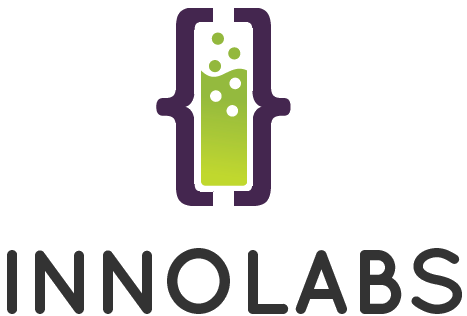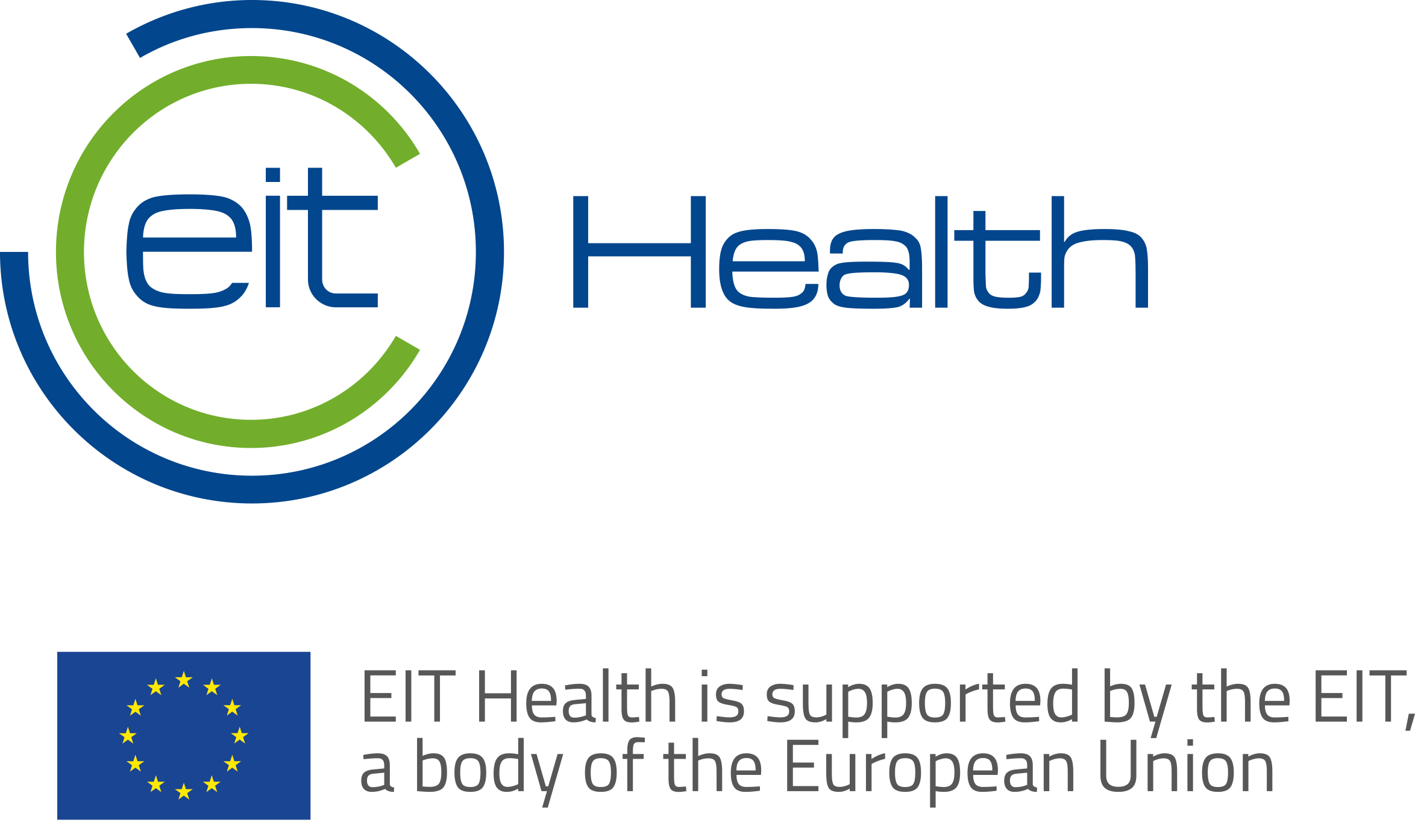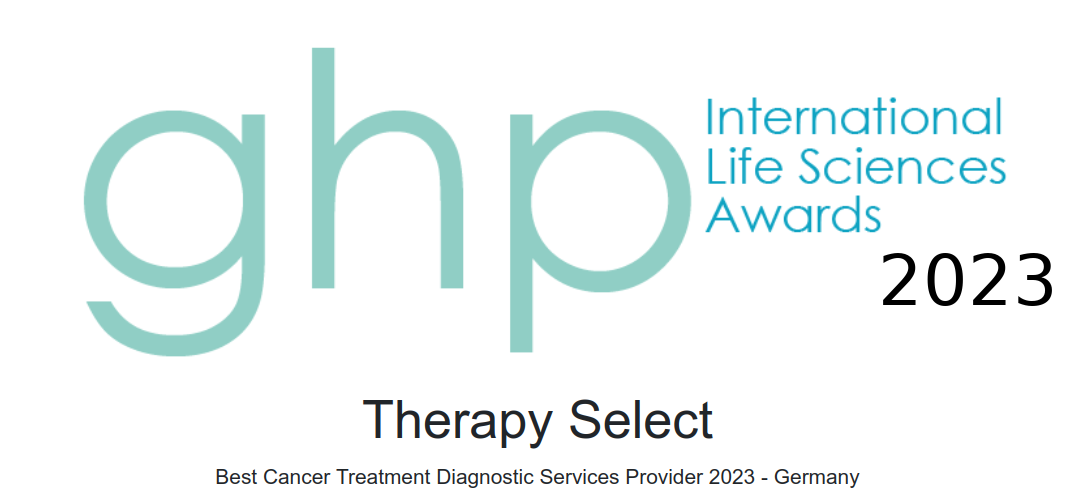The term "chemotherapy" refers to a medical treatment method in which a medical active ingredient is used to combat harmful cells in the human body. One variant of chemotherapy that many people encounter in everyday life, is the use of antibiotics to treat infectious diseases. However, the term chemotherapy is famous and widely used in cancer field.
Drugs for Chemotherapy
In cancer treatment, chemotherapy is administration of drugs that inhibit the growth of the cancerous tissue and / or kill it. In pharmaceutics, there is a variety of drugs that are used in the context of chemotherapy. In many cases, the treatment relies on combination of several drugs to achieve higher efficacy. However, combination therapy does not necessarily show the better treatment outcomes.
The drugs used to fight against cancer, traditionally fall into two types: cytotoxic and cytostatic drugs. A cytotoxic drug aims to completely kill the malignant cells. In contrast, a cytostatic agent inhibits cell growth so that the cancerous tissue in the patient's body can not multiply. This division into the two effects is only academic. The effects overlap and many of the drugs used today take on both roles simultaneously. Generaly the terms chemotherapeutic (plural: chemotherapeutics ) and cytostatic (plural: cytostatics) are used when talking about drugs that are used in chemotherapy.
It is important to note that there are other drugs that target tumor cells, but do not belong to the "classic" chemotherapeutic agents. These drugs usually attack those cells which display certain characteristic features/targets, and are known as targeted drugs. Unfortunately, there are no consistent guidelines for the use of this term, so that sometimes treatments with targeted drugs are also called chemotherapy. In the same way, treatment with other drugs ("chemicals"), such as antibiotics, is also included in the term chemotherapy.
For better understanding between physicians and patients in oncology, it makes sense to speak of chemotherapy as drug therapies with cytostatics / chemotherapeutics. When applying other drugs one could point out their function, as for example targeted therapy, immunotherapy or supportive therapy.
Treatment Complementary Diagnostics by TherapySelect
TherapySelect is a medical technology company that carries out diagnostic tests for cancer patients. The services are to be understood as a supplementary measure to the regular consultation and care by the treating physician. In this context, our diagnostics help to determine a suitable therapy for the individual patient. In the context of chemotherapy, the expression "suitable therapy" means, to decide which drugs in the individual case will promise the greatest success in treatment.
Possible Side Effects of Chemotherapy
Chemotherapy is an aggressive but often necessary treatment to fight against cancer. The administered drugs target the rapidly dividing cancer cells in order to contain or kill them. However, "dividing" healthy cells are also affected, which can cause various side effects. Potential side effects of chemotherapy include hair loss, mucosal inflammation, persistent nausea, fatigue, and negative changes in the blood count. The individual symptoms occur independently of each other and in variable intensity. The occurence and severity of symptoms depends on several factors such as the type of therapy and the individual tolerability of each patient. In addition, majority of patients develop anemia during therapy.
Further Therapeutic Approaches
In addition to chemotherapy, basically there are two other approaches to combat cancer:
-
Via surgery an attempt is made to mechanically remove the tumor from the body.
-
Irradiation therapy, on the other hand, relies on the detrimental effects of ionizing radiation to destroy the cancerous tissue.
Both therapeutic approaches target specific areas in the body where tumor is located. Therefore, these treatments are particularly useful if the tumor has not yet spread further and diffused into other tissues. If cancer cells have already left the site of the original illness, it makes sense to combine above mentioned therapies with chemotherapy. Chemotherapy is combined with irradiation therapy (radiochemotherapy) or surgery, and a combination of all three therapeutic approaches is also used. The decision which kind of therapy is applied must be made specifically for each patient and the treating physician should coordinate the therapy with the patient
Another extremely promising treatment method is currently still in the developmental stage:
-
Immunotherapy against cancer. The idea is to activate the body's defense system so that it recognizes and attacks the cancerous cells. Lately, a new class of drugs the immune checkpoint drugs raise attention and have already become part of treatment guidelines for certain tumor types. The drugs can activate the immune system. The response can be very good, but only for a small number of patients the drugs are effective.
Assessing the Chances of Success
To determine the suitable drug therapy for patients, we rely on proven and recognized test procedures:
-
The Cancer Therapy Response-Test (CTR-Test®) applies a to be tested drug directly to living cancer cells to predict with great reliability whether the cancer is resistant to the drug.




